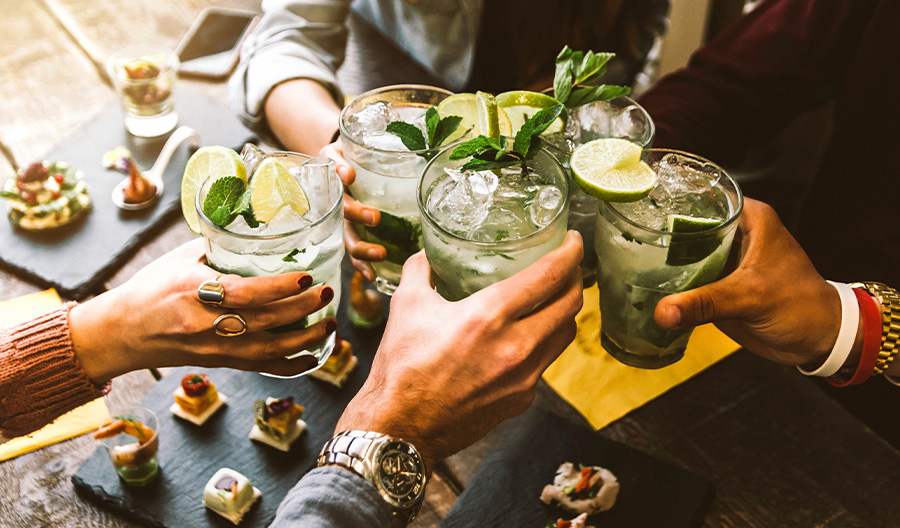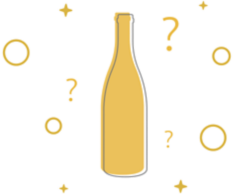A few elixirs possess the versatility, warmth, and rich heritage that rum brings to the table. As the amber liquid dances in the glass, it tells tales of sugarcane fields, Caribbean breezes, and the craftsmanship of distillers who have perfected the art over centuries. Crafting the perfect rum cocktails includes precision, balance, and a dash of creativity converging to create libations that transcend the ordinary. From classic concoctions to innovative blends, join us as we delve into the nuances of rum mixology, ensuring every sip is a celebration of the spirit's diverse flavors and the craftspersonship that goes into each bottle.
Techniques top mixologists use when mixing rum cocktails
Top mixologists often start by understanding the flavor profiles of different types of rum. Light, gold, dark, and spiced rums each have unique characteristics that can significantly influence the taste of a cocktail. By knowing these nuances, mixologists can select the right rum for each specific cocktail recipe.
Another technique is the careful measurement of ingredients. Precision is key in mixology. Using jiggers or other measurement tools, mixologists ensure that they add the correct amount of each ingredient. This not only maintains the balance of flavors but also ensures consistency across multiple servings of the same cocktail.
Mixologists also pay attention to the order in which they mix the ingredients. Some cocktail recipes require a specific sequence of adding ingredients to achieve the desired flavor and texture. For instance, in some cases, mixologists might stir the rum with ice first to chill it before adding other ingredients. Shaking and stirring are two fundamental techniques in mixology. Shaking is usually used when the cocktail includes ingredients like fruit juices, cream liqueurs, or other mixers that need vigorous mixing. Stirring, on the other hand, is used for cocktails that are primarily alcohol-based, as it provides a smoother, less diluted mix.
Temperature and dilution are also crucial factors. Top mixologists understand the importance of serving a cocktail at the right temperature, which often means using the right type of ice. They also control dilution carefully, as it can significantly affect the taste of a cocktail.
Lastly, garnishing is not just an afterthought. It can enhance the overall experience of a cocktail by adding visual appeal and additional layers of flavor. Whether it's a slice of lime, a sprig of mint, or a dusting of nutmeg, the right garnish can elevate a rum cocktail from good to great.
Essential ingredients for crafting rum cocktails
The foundation of any rum cocktail is, of course, the rum itself. There are various types of rum to consider, such as light or white rum, dark rum, spiced rum, and aged rum. Each type has a unique flavor profile that can significantly influence the taste of your cocktail.
Next, a variety of mixers are essential for crafting rum cocktails. These can range from simple fruit juices like pineapple, orange, and lime, to more complex ingredients like coconut cream for a Pina Colada or ginger beer for a Dark 'n' Stormy. Other popular mixers include soda water, cola, and tonic water.
Sweeteners are another critical component of many rum cocktails. Simple syrup, a mixture of sugar and water, is a common choice. However, other sweeteners like honey, agave nectar, or even flavored syrups like grenadine can add depth and complexity to your drink.
Many rum cocktails also incorporate bitters, which are highly concentrated extracts that add a layer of complexity to the drink's flavor. Angostura bitters are a classic choice, but there are many other varieties to explore, such as orange bitters or aromatic bitters.

The common mistakes to avoid when crafting rum cocktails
One common mistake when crafting rum cocktails is using the wrong type of rum. There are various types of rum such as light, dark, spiced, and aged, each with its unique flavor profile. Using the wrong type can drastically alter the taste of your cocktail. Another error is not properly balancing the flavors. Rum is a spirit with a strong flavor, and it's important to balance it with the right amount of sweetness, sourness, and bitterness. Overpowering the rum or not complementing it well can lead to a less-than-perfect cocktail.
Neglecting the importance of fresh ingredients is another common mistake. Freshly squeezed juices, homemade syrups, and fresh herbs can make a significant difference in the quality of your cocktail. Using pre-packaged or stale ingredients can result in a cocktail that lacks freshness and vibrancy. Overcomplicating the cocktail is another pitfall to avoid. While it's fun to experiment with different flavors and ingredients, keeping it simple often results in the best cocktails. Too many ingredients can muddle the flavors and take away from the rum.
Not properly chilling your cocktail can also be a mistake. A rum cocktail should be served cold, so make sure to shake or stir it with plenty of ice. Serving it at the wrong temperature can affect the flavor and overall enjoyment of the cocktail.

